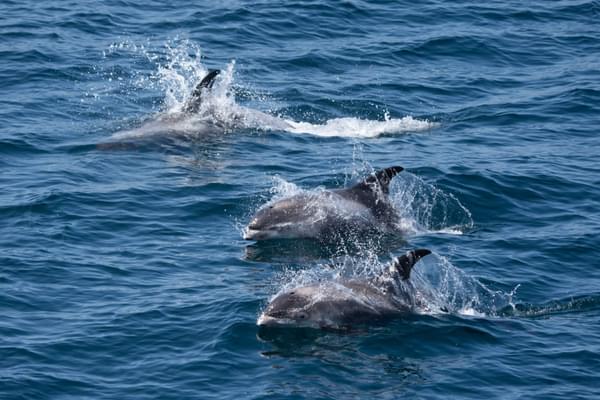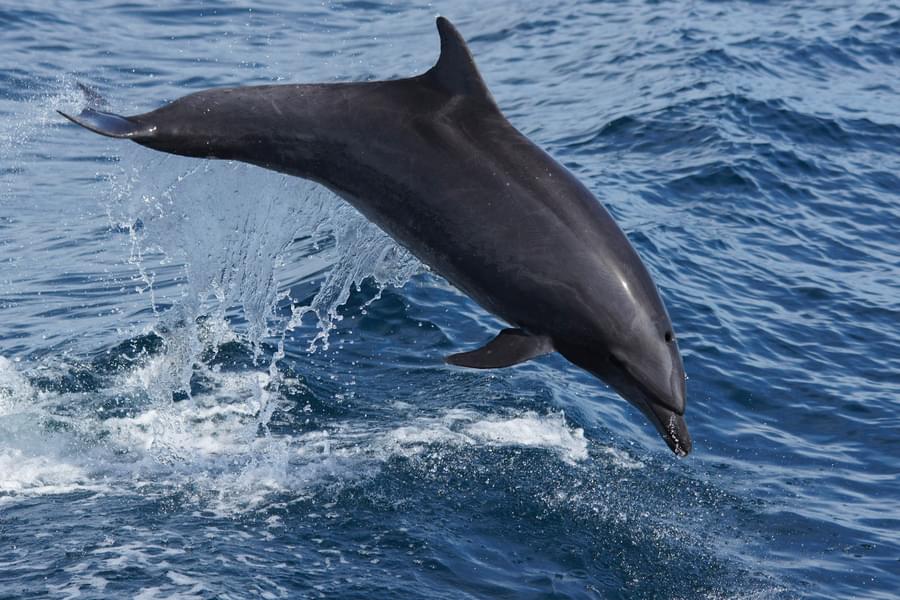In a landmark move for ocean conservation, Mexico has unanimously passed legislation banning dolphin shows and the commercial exploitation of marine mammals. The emphatic 99-0 Senate vote caps a three-year campaign driven by public outrage. But it also mirrors a wider shift in how the country treats its ocean wildlife.
The new law amends the General Wildlife Law to prohibit the “extractive exploitation” of dolphins, seals and whales, ending their use in performances and tourist interactions. The only exception is for scientific research carried out by recognised academic institutions, under strict authorisation by the Ministry of Environment and Natural Resources (Semarnat).
This breakthrough has been dubbed “Mincho’s Law” after a dolphin who was badly injured during a show at a resort in Quintana Roo. Video footage of Mincho crash-landing on concrete went viral earlier this year, sparking fresh public anger. He now suffers chronic eye damage and limited vision but survived the incident. His story became a rallying cry for change.
President Claudia Sheinbaum backed the bill during a special legislative session, stating: “We are against any violence, but animal abuse in particular is a reflection of what could later escalate.” She added her voice to a growing public movement to end captive dolphin entertainment in a country that has, until now, ranked among the world’s top ten operators of dolphinariums.
Mexico is home to around 30 dolphinariums and some 350 captive dolphins, most of them in tourist hotspots like Cancun and Playa del Carmen. For years, campaigners have documented the psychological and physical toll captivity inflicts on these intelligent marine mammals.
The 2022 decision by the Chamber of Deputies to prohibit marine mammals in shows was only loosely enforced, but the tragic Mincho incident reignited pressure on both lawmakers and regulators. In response, Mexico’s environmental protection agency, Profepa, began national inspections, permanently closed the offending facility, and fined the operators over 7.5 million pesos (nearly £400,000).
The updated law also bans captive breeding, except for approved reintroduction programmes, and mandates humane lifetime care for existing animals. Facilities face heavy penalties for failing to comply.
This decision is part of a broader shift in Mexico’s approach to marine mammal protection. The government is introducing restrictions on swimming with wild orcas - an increasingly popular tourist activity that, if unregulated, can disrupt natural behaviours and cause stress to the animals.
At the same time, Mexican authorities continue working to protect the critically endangered vaquita, the smallest and rarest of all cetaceans, found only in the northern Gulf of California. Fewer than 10 individuals are thought to remain, but enforcement of gillnet bans and collaboration with international experts has ramped up in recent years. Protecting wild species from extinction requires the same level of political will, enforcement, and public backing now being directed at ending marine mammal captivity.
A Moment Worth Celebrating
These cumulative actions add up to a moment of real progress. It proves that change is possible when government listens, when campaigners persist, and when the public speaks out.
This isn’t the end of the road. Mexico now faces the complex task of enforcing these new protections and ensuring high welfare standards for the animals already in captivity. But this law sends a clear message: the days of marine mammals performing for human entertainment are numbered.
We applaud the efforts of the Mexican Senate, enforcement bodies like Profepa, and campaigners - both local and international - who have worked to make this happen. As the tide begins to turn, we hope this bold step will inspire other nations to follow suit, and help move us closer to a world where whales, dolphins and porpoises are respected as the wild, sentient beings they are.
Main image: bottlenose dolphin

ORCA's work to protect whales and dolphins has never been more important and to help safeguard these amazing animals for the future we need your help. Please support our work by donating at www.orca.org.uk/donate to help us create oceans alive with whales and dolphins

